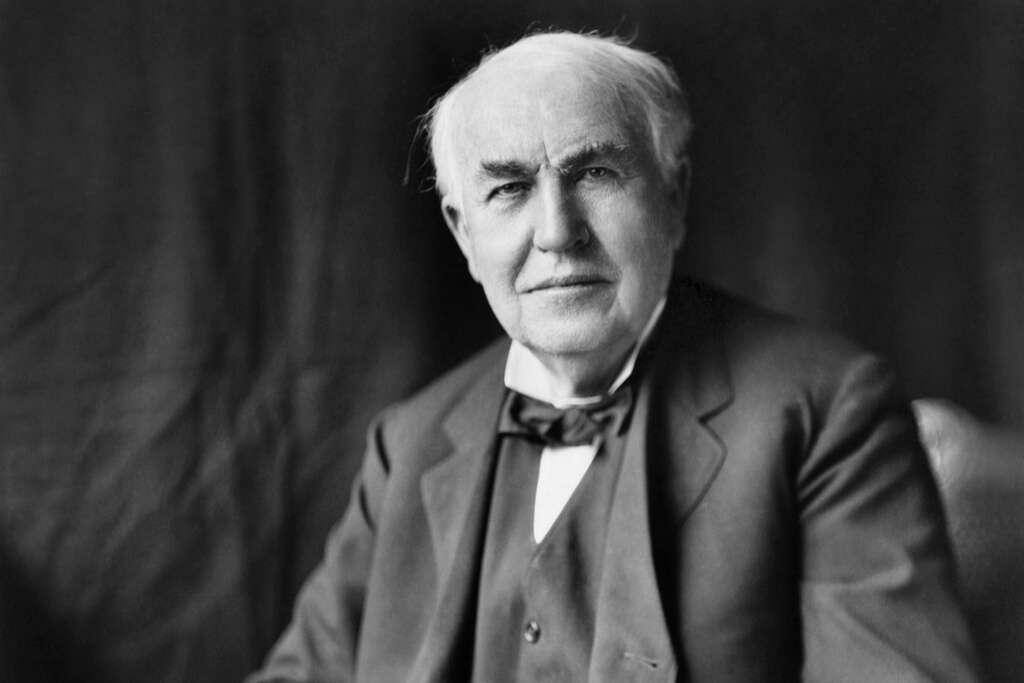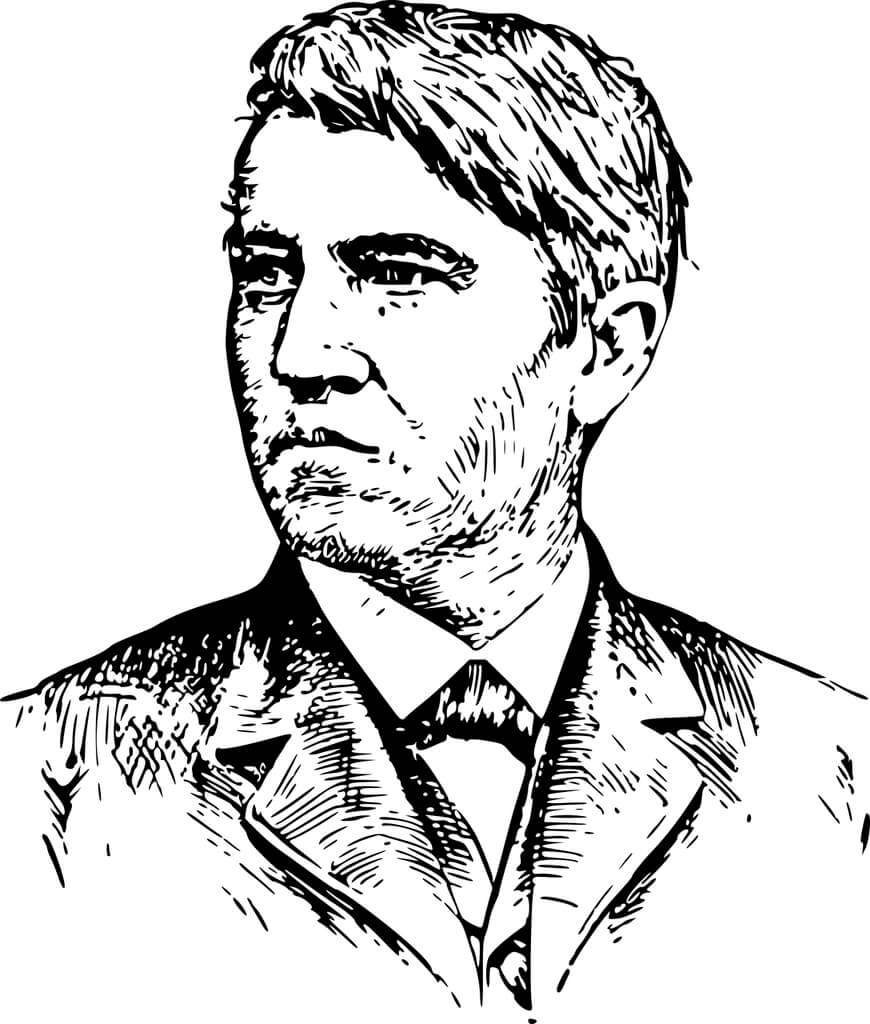“Imagine a world without light at the flick of a switch, where darkness engulfed every corner after sunset. Thanks to one brilliant inventor, Thomas Edison, that dark reality became a thing of the past. In 1879, Edison’s invention of the lightbulb revolutionized the way we live and paved the way for countless advancements in technology. But what happened after this groundbreaking creation? Let’s dive into the fascinating journey that followed Edison’s discovery and explore how it shaped our modern world.” These are just some of Thomas Edisons inventions that he made that had an impact.

The Development Of The Lightbulb
The development of the lightbulb was not a sudden stroke of genius but rather a series of trials, errors, and relentless dedication. Thomas Edison spent countless hours experimenting with different materials and designs to create a practical and long-lasting source of artificial light. Thomas Edisons inventions had a lot of impacts but none like the lightbulb which changed everything.
Edison began his quest by exploring various filament materials in search of one that would emit a steady glow without burning out quickly. After testing over 1,600 different plant fibers, including bamboo and cotton thread, he finally discovered that carbonized bamboo filaments provided the optimal balance between brightness and longevity.
However, finding the right filament material was just one piece of the puzzle. Edison also had to tackle other challenges like developing an efficient electrical circuit for powering the bulb and creating an effective vacuum inside the bulb to prevent oxidation.
After years of trial and error, Edison unveiled his first commercially viable incandescent lightbulb in 1879. This breakthrough invention utilized a carbonized cotton thread filament encased within a glass bulb with all air removed. With this design, Edison made it possible for people to illuminate their homes without relying on gas lamps or candles.
The road to perfecting the lightbulb was not smooth sailing for Edison. He faced numerous setbacks along the way but never let failure discourage him from pursuing his vision. His determination paid off when he successfully created a reliable source of electric lighting that forever changed our lives.

The Impact Of The Lightbulb
When Thomas Edison invented the lightbulb, he revolutionized the way we live. Gone were the days of relying on candles and gas lamps to illuminate our homes and streets. With the invention of this bright idea, people no longer had to worry about darkness enveloping their surroundings. The impact of the lightbulb was immense. It brought about a new era of productivity and convenience. People could work late into the night without straining their eyes or relying on inadequate lighting. Industries flourished as factories could operate around the clock, increasing production levels and creating more jobs.
Not only did it transform work environments, but it also transformed everyday life for individuals. The lightbulb allowed people to engage in leisure activities after dark – reading books, playing games, or simply spending quality time with loved ones in a well-illuminated room.
Moreover, cities began to thrive as streetlights lined up every corner, making them safer and more inviting at night. Streets illuminated by these magical bulbs allowed people to move freely and explore their surroundings even in darkness. Today, we take for granted this simple yet powerful invention that has become an integral part of our lives. But remember that with Thomas Edison’s innovative thinking and perseverance, our world would still be engulfed in darkness once the sun sets.
The Legacy Of Thomas Edison
Thomas Edison’s invention of the lightbulb not only revolutionized the way we illuminate our world, but it also set in motion a series of events that transformed society as a whole. His relentless pursuit of innovation and unwavering determination has truly left an indelible mark on history. One of the most significant aspects of Edison’s legacy is his approach to problem-solving. He believed in trial and error, perseverance, and learning from failure. This mindset has inspired generations of inventors and continues to shape innovation today.
Moreover, Edison’s dedication to research and development paved the way for advancements in electrical engineering. The infrastructure necessary to support widespread electricity usage was established because of his vision. Without this groundwork, our lives would be vastly different today.
Furthermore, Thomas Edison’s contributions extend beyond technological achievements; he was also instrumental in establishing America as a global leader in science and technology during his time. Through his numerous inventions and groundbreaking discoveries, he showcased American ingenuity while inspiring future inventors worldwide.

In addition to his technological impact, Edison left behind a lasting philanthropic legacy with institutions such as General Electric (GE). He believed that progress should benefit all humankind rather than just himself or a select few individuals. To this end, he dedicated much of his later life to philanthropy projects aimed at improving education and public welfare.
Final Thoughts
Thomas Edison’s invention of the lightbulb marked a turning point not only in human history but also in the way we perceive and interact with the world. His relentless pursuit of innovation
Also Read: Who Invented The Air Conditioner?
